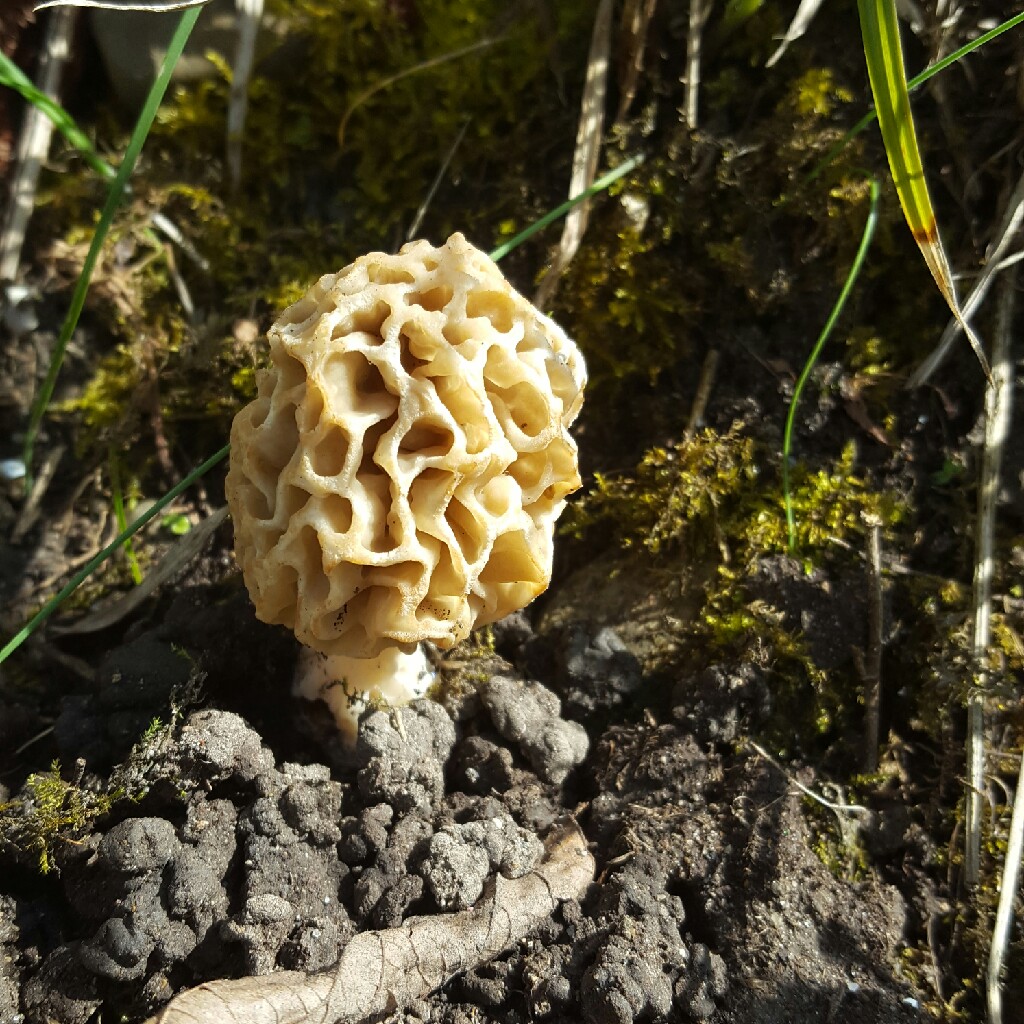
Morchella
Morel Mushroom
A mushroom is the edible fruiting body of a fungus. The edible part consists of a cap, gills and stem, and some grow above ground, some below ground. Care should be taken with identification, as some mushrooms are toxic. Morels are probably the most sought-after mushroom for culinary purposes. They vary a lot in appearance - they can be oblong to bulbous, whiteish to grey, smaller than your fingertip or larger than your hand. All have an irregular honeycomb-like exterior. Inside, morels are hollow and whiteish. They have a meaty texture, and an earthy, nutty flavour.They should not be eaten raw, and some people are allergic to them. They are difficult to grow.
Contributed by @Ursu
-
Full sun to partial shade
-
Occasional watering
-
Not Frost hardy
-
Moist and fertile
Common name
Morel Mushroom
Latin name
Morchella
type
Fungus
family
Morchellaceae
ph
6.3 - 8.0 Acid - Neutral
Plant & bloom calendar
-
Best time to plant
-
When to harvest
full grown dimensions
 0.10 M
0.10 M
0.10 M
0.10 M
Morchella
A mushroom is the edible fruiting body of a fungus. The edible part consists of a cap, gills and stem, and some grow above ground, some below ground. Care should be taken with identification, as some mushrooms are toxic. Morels are probably the most sought-after mushroom for culinary purposes. They vary a lot in appearance - they can be oblong to bulbous, whiteish to grey, smaller than your fingertip or larger than your hand. All have an irregular honeycomb-like exterior. Inside, morels are hollow and whiteish. They have a meaty texture, and an earthy, nutty flavour.They should not be eaten raw, and some people are allergic to them. They are difficult to grow.
Planting
From Early Spring TO Late Winter
Due to the nature of fungi, planting is not an option
Propagating by spores (using a kit)
From Mid Summer TO Early Autumn
Prepare a site between Summer and Autumn in a climate where there is a change of seasons. Morel mushroom kits do not do well in tropical environments with no real Winter or Spring. The site should be shady, and about 4' by 4'. The soil needs to be free-draining - sandy soil with gypsum and peat moss added works well - preferably with wood-ash mixed in, as, in the wild, morels often grow after forest fires. Mix your morel spawn/spores into the prepared bed according to the instructions. This isn't complicated, and usually just involves spreading it through the top layer. Mix some hardwood chips on top of the spawn bed. Morels in the wild grow near elm, ash, old apple, and tulip trees, so if you can, use chips from one of these trees (preferably elm or ash). Then wait.......... Morels can take years before they grow

















